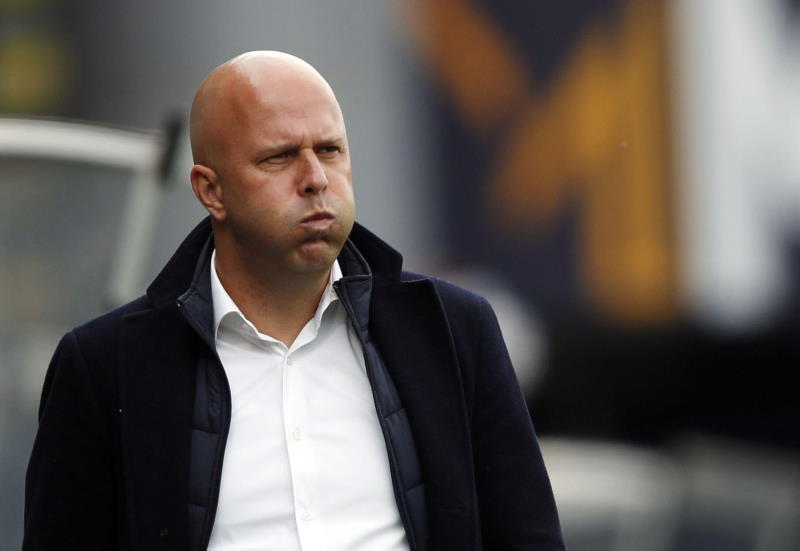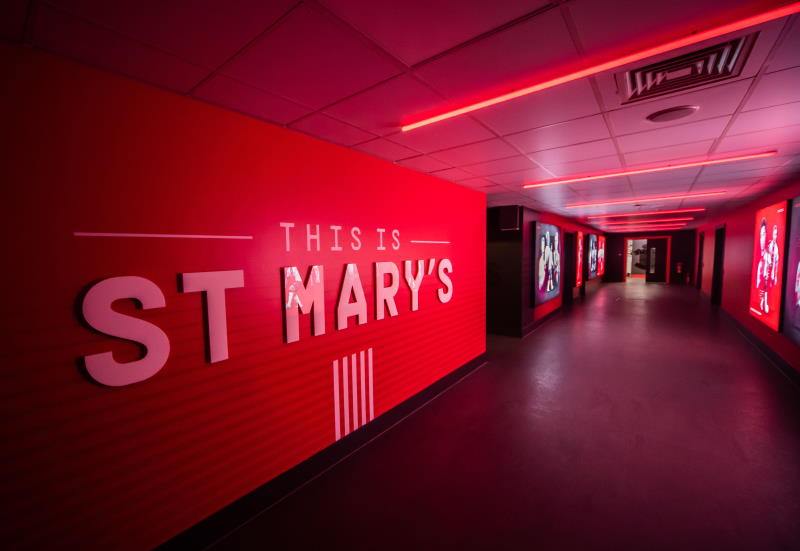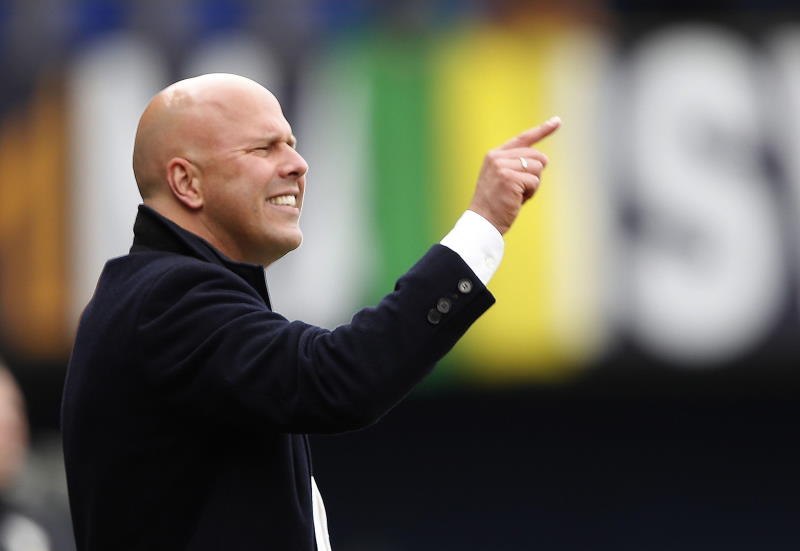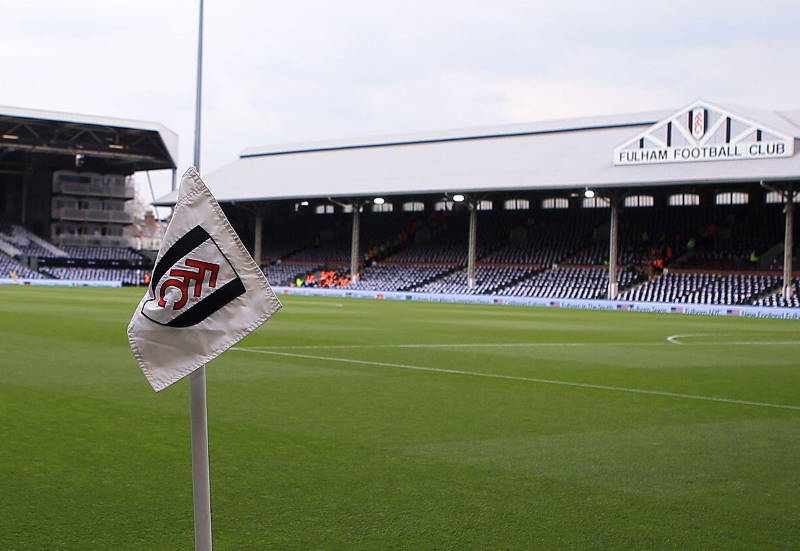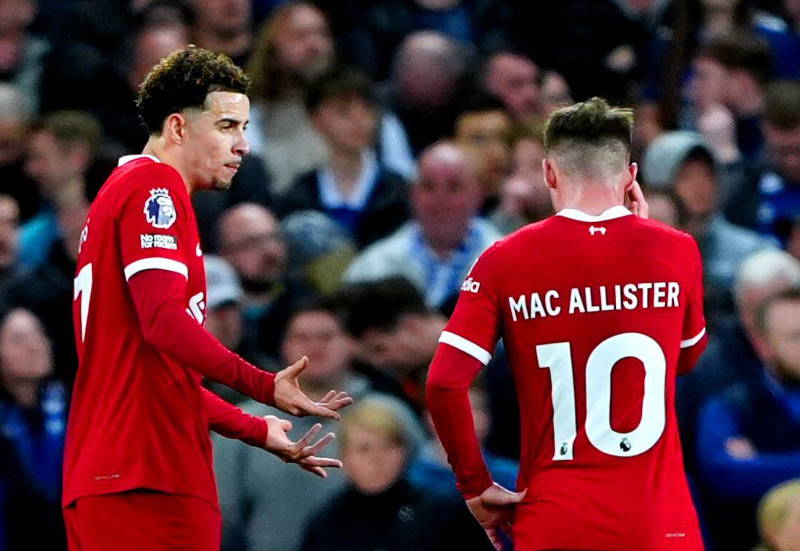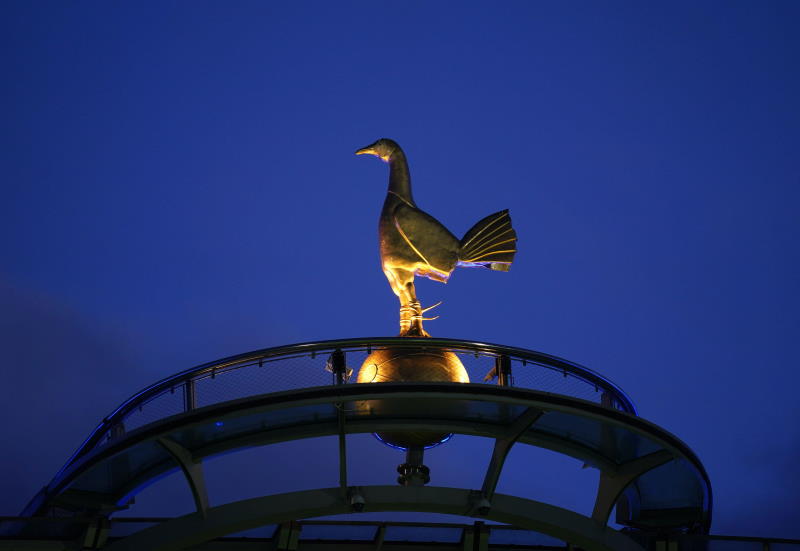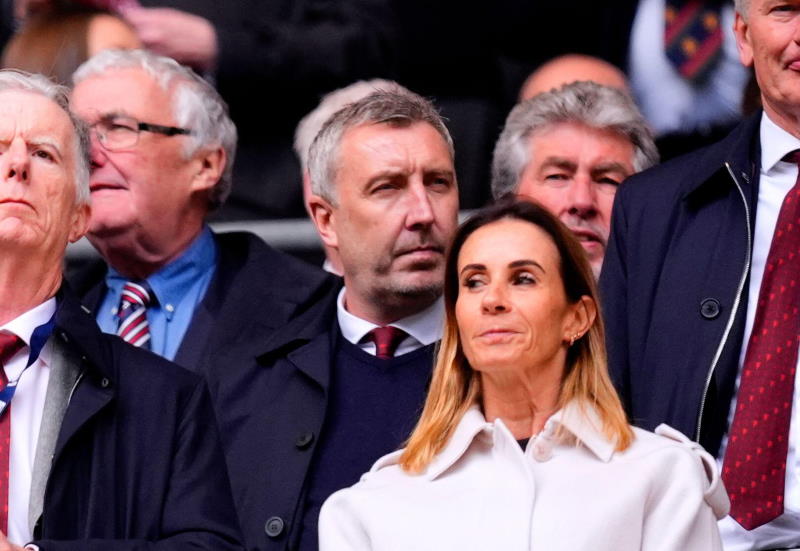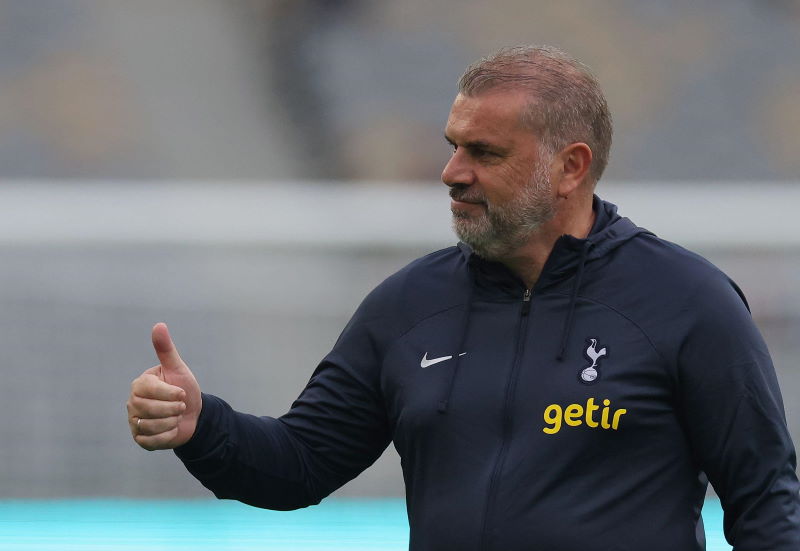
Robert O'Connor
UEFA president Michel Platini is selective about who he lets in through the doors of his private members club in Nyon and prior to May of this year he had good reason to be. Before this summer’s UEFA Congress in London any enquiries made by prospective members regarding entry into the mahogany-panelled chambers of UEFA’s inner-sanctum were greeted with a polite but flat refusal. International football was full and diplomatic wrangling in the Mediterranean dictated that this would remain the party line.
But 2013 has brought change. The gridlock that existed between Spain and UEFA over the accession of Gibraltar to their seat at the top-table finally gave way in London after almost a decade of grappling that twice saw the case go before the Court of Arbitration for Sport (CAS), and now Spanish threats to boycott international and club football no longer dictate Platini’s agenda when it comes to growing the football family. Further north in Greenland ears will have been pricked by the Gibraltar ruling, but with memories still raw from the last time the isolated Danish territory wooed the UEFA Exec Com toes will be dipped into icy waters with trepidation.
That the globe’s largest island continues to be shunted to the margins of international football is due in large part to the sensitivities of the Gibraltar case. Between 2003 and this year the British dependency tried repeatedly to join the global football party but UEFA, mindful of the position of Spain who made clear their intentions to walk away from the organised game if the territory was given membership and by proxy recognition as a part of the international community, found loophole after loophole to justify their continued exclusion. That legal manoeuvring would have been severely undermined had Greenland been offered passage and the ensuing precedent would have been difficult to wriggle away from before the CAS, and so the islanders continued to be blacklisted for the sake of internal harmony at Nyon. Now a shift is due. With Gibraltar’s ball in the hat for the Euro 2016 qualifying draw and both Spanish heavyweights conspicuously present in Europe this season the shackles are off in the race to UEFA.
But it is a race that might now have fewer competitors than it once did. Back in 1998 when the Greenlanders first opened talks about membership, then-head of the FA of Greenland (FAG) Johan Brinch saw the potential for his association to join the European community on a provisional basis, citing a host of logistical obstacles that would prevent them from making a realistic stab at competing in tournament football. The neighbouring Faroe Islands had joined up in 1994 and had been having a fair crack at better resourced teams in tournament qualifying, thanks in large part to grants and loans made by UEFA and FIFA, but Greenland’s geography makes it a complicated proposition for international competition. Football is only possible outdoors for three months out of the year and there is no road network to connect its sparse cities. Getting in and out is a problem too with all flights arriving via Denmark, and with single tickets topping the £1,000 mark in peak season the prospect of the under-resourced and under-funded islanders regularly making it as far afield as even their nearest Scandinavian neighbours seems remote.
The FAG’s relationship with footballing and international power-brokers, though in its infancy, is a thorny one, which goes some way towards explaining why no fresh talk about membership of UEFA has arisen yet in the wake of the Gibraltar ruling. Back in 2001 that little-heralded diplomatic channel between Greenland and China was ruptured when Danish expat Michael Nybrandt, fresh from trekking the Himalayas, contacted Brinch with a team of Tibetans seeking to test the waters of international football.
The backlash was off the scale. China threatened to slap an embargo on shrimp exports from Greenland – worth around £23m to the Scandinavians in 2001 – if the game was allowed to go ahead and the government in Copenhagen naturally became tetchy, unwilling to allow a threat to a not insignificant trade route to be spun for the sake of two ‘nations’ that according to world football did not exist. Heated invective was exchanged between all three parties before parliament in the Greenlandic capital Nuuk allowed final say over the match’s fate to fall to Brinch, who robustly sanctioned it regardless of the consequences to Danish trade and Chinese pride.
And so Greenland vs Tibet, one of the more obscure fixtures in the global football calendar, went ahead. The ‘home’ side ran out comfortable 4-1 winners against Nybrandt’s tourists – the match was staged in Copenhagen at the state-owned Vanlose Arena since any FIFA affiliated side feared reprisals from Zurich if their facilities were used – and no lasting damage was done to Danish-Chinese trade relations. Twelve years later and Spanish threats to withdraw from the global football scene have been equally reneged upon, but if the door to UEFA has been left ajar for Greenland as a result then for now no one at the FAG is pushing against it.
Like to bet on football? Pay Inside Bet a visit!

